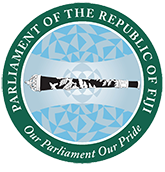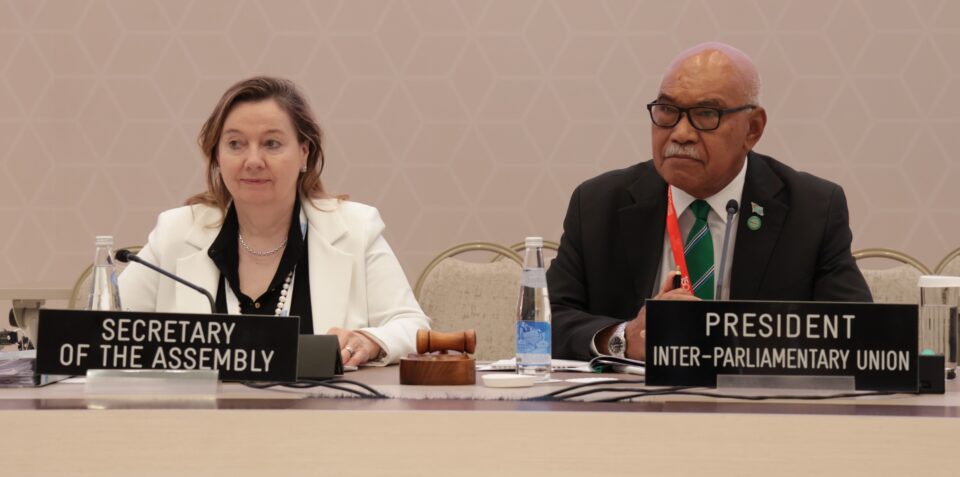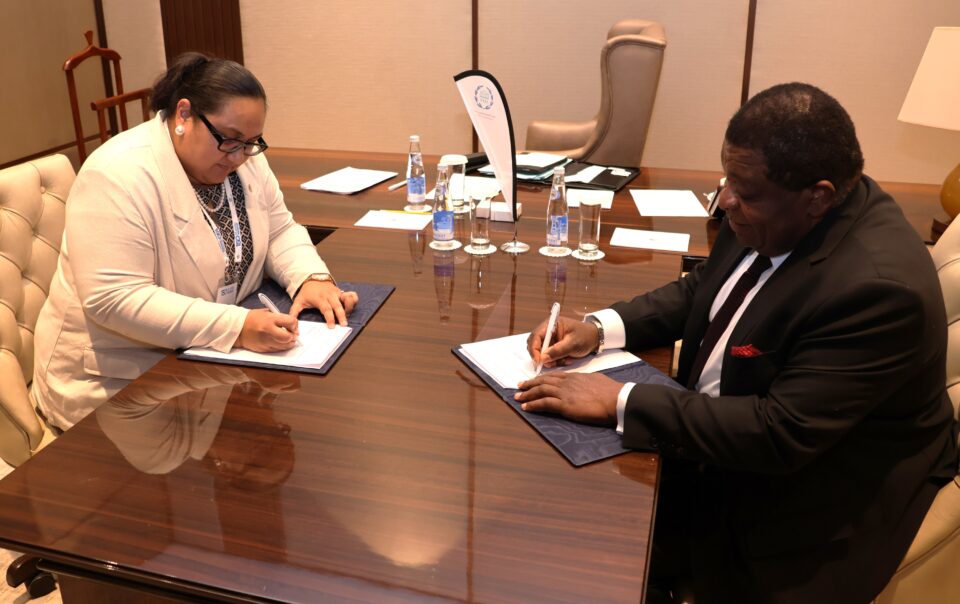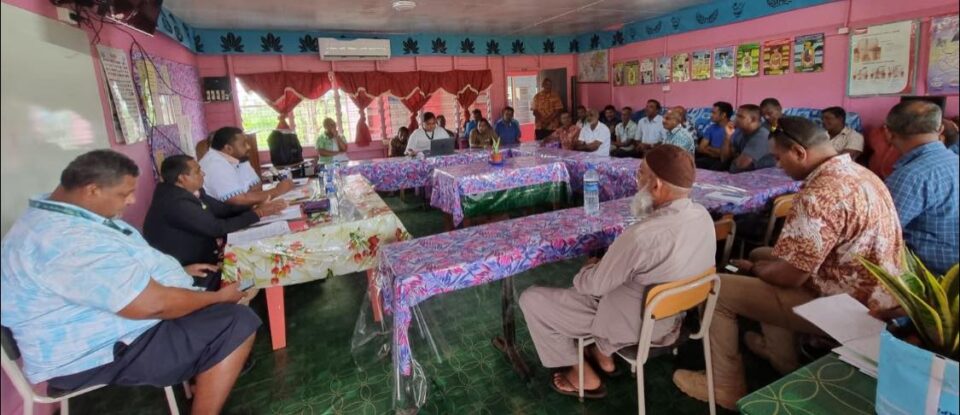Speech at the Handing Over of ARV donation by UNAIDS and Indian High Commission
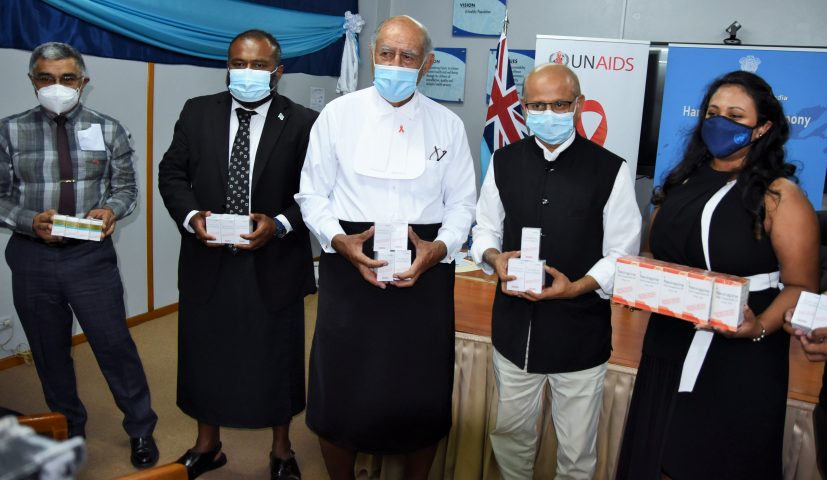
- The Acting Indian High Commissioner – Saifular Khan
- The Permanent Secretary For Ministry Of Health And Medical Services – Dr. James Fong
- The Chief Medical Advisor For Ministry Of Health And Medical Services – Dr. Jemesa Tudravu
- UNAIDS Country Director, Fiji And The Pacific- Ms Renata Ram
- Community Of People Living With HIV
- The Staff Of The Ministry Of Health And Medical Services;
- Members Of The Media
Good Afternoon. Ni Sa Bula. Salaam Alykum. Namaste.
I am very proud and indeed honoured to be here this afternoon for the handover of these life-saving medication, that has been graciously donated by the government of India and UNAIDS.
There is no better day to have this handover than today – World Aids Day.
I would like to acknowledge my colleagues from UNAIDS based here in Fiji and India for their leadership and perseverance in mobilizing the support needed to ensure that the HIV drugs arrived in Fiji without any disruptions in treatment. We should be particularly thankful to the team considering the ongoing difficulties associated with the COVID-19 pandemic and i also fully acknowledge the national aids control organization (NACO) and the government of India for this very kind donation of HIV drugs.
This year has been like no other and despite it all we can proudly stand together to commemorate the continuation of our HIV response. Today is a day for taking stock of the challenges that Humanity has faced this year. COVID-19 is threatening the progress that the world has made in health and development over the past 30 years, including the gains we have made against HIV.
Like all epidemics, it is widening the inequalities that already existed.
However, the global HIV response was off track even before the COVID-19 pandemic, but the collision of COVID-19 and HIV has set it back further.
COVID-19 is a wake-up call for the world to strengthen health systems. Had health systems and social safety nets been stronger the world would have been in a better position to effectively slow the virus and withstand its impacts.
Nevertheless, we must seize the opportunity that COVID has provided – for the first time in many years health has become the front and center of the world attention – showing how destructive a pandemic can be. And the need to quickly take stock, analyze readapt and observe the protocols strictly. Global interest in infectious diseases is higher than ever before. There is now a vast increase in public and private sector investment in health systems around the world.
World AIDS day is also a day to remember the millions of people who have lost their lives to aids-related illnesses, many of whom died because they could not access HIV services, due to stigma, discrimination and sadly in some instances the criminalization of key populations.
On this world aids day the theme is – End inequalities, End AIDS, END Pandemics. This is highlighting the urgent need to end the inequalities that drive aids and other pandemics around the world.
Without bold action against inequalities, the world risks missing the targets to end aids by 2030, as well as a prolonged COVID-19 pandemic and a spiraling social and economic crisis.
Forty years since the first AIDS cases were reported, HIV still threatens the world. Today, the world is off track from delivering on the shared commitment to end aids by 2030. It is not because of a lack of knowledge or tools to beat AIDS, but because of structural inequalities that obstruct proven solutions to HIV prevention and treatment.
Tackling inequalities is a long-standing global promise, the urgency of which has only increased. In 2015, all countries pledged to reduce inequalities within and between countries as part of the sustainable development goals. The Global AIDS Strategy 2021–2026: End inequalities, End AIDS and the Political Declaration on AIDS adopted at the 2021 United Nations High-Level Meeting on AIDS have ending inequalities at their core.
As well as being central to ending AIDS, tackling inequalities will advance the human rights of key populations and people who are living with HIV and make societies better prepared to beat COVID-19 and other pandemics. Undoubtedly these outcomes support economic recovery and stability. Fulfilling the promise to tackle inequalities will save millions of lives and will benefit society as a whole.
But ending inequalities requires transformative change. Political, economic and social policies need to protect the rights of everyone and pay attention to the needs of disadvantaged and marginalized communities.
We know how to beat AIDS; we know what the inequalities obstructing progress are and we know how to tackle them. Plainly speaking we already know what works and what does not
Work. The policies to address inequalities can be implemented, but they require leaders to be bold.
The measures needed to tackle inequalities include:
- Community-led and people-centred infrastructure
- Equitable access to medicines, vaccines and health technologies
- Human rights, to build trust and tackle pandemics
- Elevating essential workers, and providing them with the resources and tools they need
- People-centred data systems that highlight inequalities
Today, the donation from the government of India and UNAIDS will help Fiji in closing the gaps of accessing medicines, life-saving medicines as such and taking a step closer to ending inequalities, ending aids and ending pandemics.
Let me tell you, these medicines have saved lives and prevented newborn babies from contacting HIV from their HIV positive mothers and fathers.
This is just one of the many success stories of effective antiretroviral treatment which is free to all Fijians made possible under the HIV Law.
As a life-long supporter of Ending AIDS, and also as the Fiji Ambassador on AIDS and the UNAIDS Goodwill Ambassador for the Pacific Region I emphasize that the donation of these antiretroviral medications will be a lifeline to the 506 people living with HIV in Fiji, who without this treatment would have a high chance to succumbing to AIDS related deaths. This includes 38 children who are currently on this treatment.
Thank you. Vinaka Vaka Levu. Sukria. Bahoot Dynavaad and a happy and fulfilling World Aids Day.

